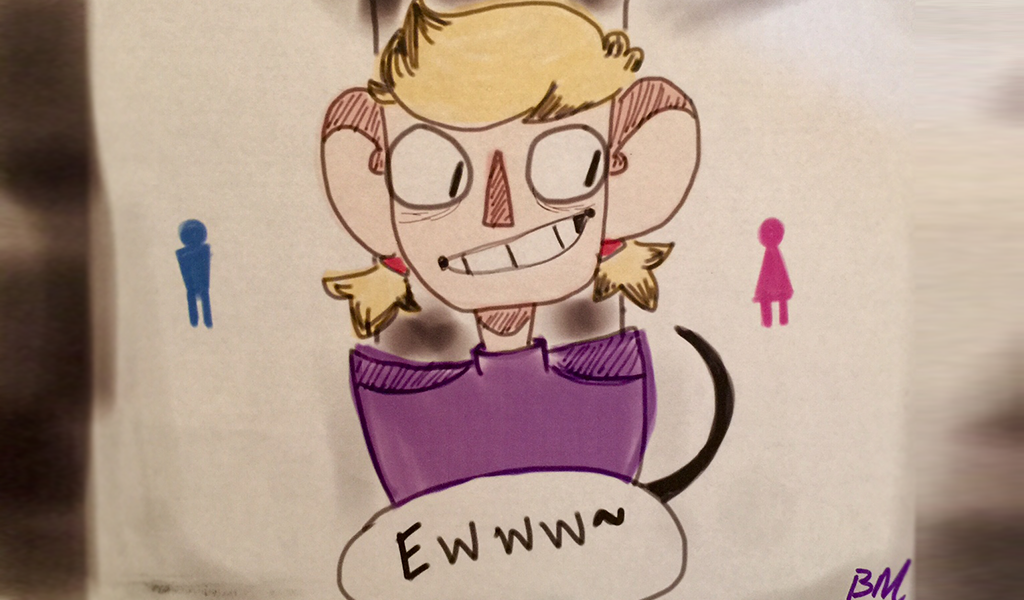
Tips For Teens
Identify Supports and Allies
Knowing that there are others who accept you for who you are can help you feel better about yourself during times when bullies try to make you think otherwise. It is important that your support system include staff and adults in whatever location you happen to be, in addition to friends and peers. If you are in the process of transitioning to another gender, it might be important to identify these supports beforehand and come up with a safety plan in advance, just in case you find yourself being victimized by others later on. It never hurts to be prepared!
Safety First!
First and foremost, you might find yourself in an unsafe situation. Removing yourself from those situations is the most important thing you can do. While it is frustrating that there are so many people who are uncomfortable with people whose gender expression is different from what society expects, the fact is that many of these individuals turn their discomfort into discrimination. It isn’t your fault for being who you are. However, how you deal with these situations really matters. Make sure you have a safe escape plan or a way to avoid potentially dangerous situations.
Try to Understand “The How”
For some of us who have been taunted endlessly for most of our lives just for being different, it can sometimes be difficult to know the difference between intolerant bullying versus innocent discomfort/unfamiliarity in others. This can be especially true for those of us who are transitioning genders. This is why it is important to understand “The How.” This refers to figuring out how people are communicating with you in order to determine how to stay safe and how to react best.
With pronouns and name use for example, it might take some people time to use the correct pronoun or name simply because they are used to calling you something different- especially adults. Others might be able to adapt very quickly- or even immediately (friends and positive supports). Others might want to be helpful but they might be forgetful about which pronoun and/or name feels right to you even if you already told them once or twice. However, there might be others who are rigid, downright mean about it, and refuse to change.
In all of these situations, looking at “The How” means doing your best to understand how they might be using the wrong gender pronoun or name. Ask yourself: Is that person purposefully making an error to create a power imbalance between you and them? Are they being forgetful? Are they simply not familiar with the idea that it’s possible to transition genders? Are they just not used to change after knowing you for so long as someone different than how you feel inside?
Then look at the way in which they use the wrong gender pronoun or name. The intentional bully might be (1) laughing when they say it, (2) overemphasizing the pronoun or name in the sentence when they do not have to, (3) using a derogatory word in addition to the pronoun or name, and/or (4) purposely showing off in front of others to get them to laugh as well. In these situations, it is important for you to: (1) Prioritize your safety by getting out of any situation that might be unsafe, (2) Utilize your support network and alert the proper staff (see above tips), and (3) Not react in the way that the bully would want you to. If it is safe to stand up to that person, then be confident and do not show them that their intentional acts are truly bothering you (even though they probably are). Showing a bully that you are bothered might reinforce them to do the same thing (or even worse!) the next time. A good rule of thumb is to remain safe and not react in the way the bully would expect or want you to react!
For someone who keeps forgetting to use your preferred pronoun or name, but does not appear to be doing so in any purposeful way, it might be okay to simply remind them which name and pronoun is correct and nonchalantly move on to another subject. One can say, “I noticed you used this pronoun and/or name, but I actually prefer to go by X instead. Now how about that science test!”
For those who use the incorrect name and pronoun, but then remember and quickly correct themselves, decide whether or not you want to thank them for remembering which pronoun and name you want them to use- especially if it is early on in your transition. Even though cisgender people don’t have to do this, it might help people feel good about being supportive of your transition and then the next time they will be less likely to mess up! One can say, “I appreciate that you remembered to use my preferred pronoun and/or name- thank you, it feels good to have a support system!”
For those who repeatedly use the incorrect name and pronoun but do not do so in an intentionally mean way, it might be okay for you to emphasize the importance when others use your preferred name and pronoun. Try not to be accusatory, but it’s okay to gently and politely state, “I notice you’re using my old pronouns and name, but it is really important to me that my friends and supports use my preferred pronoun and name instead. Now how about that science test!”
“The How” can work for other situations besides pronouns as well, including for situations for gender diverse individuals who are not transitioning to another gender. Understanding “The How” is important because it helps you figure out the best way to safely react to others so you do not over-or-underreact to people who are intentionally trying to be mean and make themselves more powerful over you.
Tips For Educators
Not intervening is NOT neutral
Youth who are transgender or gender diverse are more likely to be victimized than their peers. Adult role models play a really important role in maintaining a safe learning environment for all of these youth. Should you see other students victimize another student on the basis of their gender identity or gender expression, it is important for you to intervene proactively and be specific about why you are intervening. Explicitly stating “We respect all individuals- and how they present their gender- in this classroom and anything other than that is unacceptable” to the bullies is important. You may have just saved a life because you are letting the bullied student know that they can live authentically in that educational environment and that you will not stand for discrimination.
Do Not Make Assumptions about Names and Pronouns
Recognize that not all students feel comfortable being addressed as the name that is legally assigned to them. If a transgender or gender diverse student privately approaches you and asks you to use a different name or pronoun, respect their wish. It is okay to ask them an open-ended question about how to best be supportive. It is also okay to ask them if there are certain environments or situations where they might not feel comfortable being referred to as their preferred name or pronoun (e.g. they might not be out of the closet in front of certain people). Without implying that they automatically have mental health problems, it might be useful to empathically determine if they have a support system and/or identified adult allies to assist them in making healthy decisions and come up with a safety plan. Neither overemphasizing nor underemphasizing the struggles that you think they may encounter is important. A good rule of thumb: convey empathic acceptance and support and neither overemphasize nor underemphasize the potential negative issues that could come about for a student who is transitioning.
Be a role model to other teachers
Believe it or not there will be other staff members in the school who are either ignorant or rejecting of individuals who are transgender or gender diverse. These teachers may make passive remarks that convey they are uncomfortable or they may even make overt statements that are discriminatory against individuals who are gender diverse. Be proactive and take a stance with them! Even if these statements are made behind closed doors (e.g. not in the presence of the actual student), it is very likely that these teachers wouldn’t know the appropriate way to intervene should anything happen between the students themselves in that teacher’s classroom. Those teachers may also not fully appreciate the negative ramifications of misgendering a student who is transitioning to another gender. Seek out administrators and push to have staff trainings on creating safe learning environments for these students.
Lead an LGBTQ group for students
Many schools might not have a safe space for students to interact with others just like them. Having an inclusive extra-curricular club can be a lifesaver for many students who might otherwise feel very alone. Should your school not have a club of this sort, consider establishing one. Inclusive language is important. For example, Gay-Straight-Alliance (GSA) inadvertently might exclude individuals who are transgender or gender diverse. Therefore, consider all-inclusive names and address issues that are relevant for sexual and gender minorities.
Tips For Parents
Recognize that transgender and gender diverse individuals are more likely to be bullied and react appropriately
It is important to be checking in with your child or adolescent to make sure that they are not bottling up certain emotions. Many youth are afraid to tell their parents about their bullying experiences because they fear their parents will not handle the situation in an appropriate way. Some fear their parents will over react while others may feel their parents will under react.
The overreacting parents are those (who are well intentioned) that will independently act to try and prevent their kids from being bullied in the future (or to try and punish the bullies who have already harmed their child or teenager). In some situations, this might be embarrassing for the youth while in others it might inadvertently put them into a more harmful situation because the authorities or administrators do not act in the way the parent wants.
The underreacting parents are those who do very little to show concern when their child or adolescent brings an issue to them. The parent might be concerned but doesn’t know what to do about it. Alternatively, some parents try to engage in an unhelpful conversation with their child or adolescent to try and identify ways in which the child or adolescent acted that caused them to be bullied. This could come off as blaming and dismissive. When youth perceive their parents as dismissive or blaming, they may not share events that happen to them in the future.
The correct way for parents to address bullying with their youth is to: (1) Empathically connect with their child and raise the issue of bullying in general (e.g. “I know many kids are bullied if they are different.”) (2) Ask them if they are being bullied. (e.g. “Has this been an issue that has affected you?”); (3) Let them know that you are there for them to talk about it, no matter how small or big the event was (e.g. “I want you to know that I’m here for you no matter what.”); (4) Ask them if they have a safety plan in place and identify specific instances where the child might be in harms way to determine how to get them out of those dangerous situations.; (5) Ask them if they have a support network. (6) Ask the child in an open-ended way how you can best help them.
If you feel that your child or adolescent isn’t responding to bullying in an appropriate way, or if you feel that they are minimizing or exaggerating the situations, then consider reacting in a different way than what the child believes would be helpful. They may feel that school staff would be indifferent, yet you might have reason to believe that the school staff would be very proactive in coming up with a safety plan. In these situations- as long as it will not lead your child to act in an unsafe way- it is usually best to be as transparent as possible with your child or adolescent when you disagree with them.
Seek Help if you are Struggling with How to Best Support Your Child or Adolescent
For parents of gender diverse and transgender youth, it is not uncommon to experience a sense of worry, loss, sadness, and/or anger. Know that these feelings are okay. It is how you manage these feelings that makes all the difference in the world.
For those whose children/adolescents want to transition genders, it can be daunting to consider the fact that this is even possible. Facing your own loved ones and friends can be a challenge. Reacting to your child or adolescent can be a challenge. Many parents have good intentions but are simply not prepared to support their youth in times of bullying or adversity. At birth, parents are not provided with a handbook entitled “How to manage when your infant comes out as transgender or gender diverse in 10 or 15 years.”
Often, sources of conflict between transgender youth and their parents are over the use of preferred names and pronouns. Youth often wish their parents will start using their preferred name and pronoun almost instantaneously from the point that they disclose their identity to their parent. Know that your reaction to this disclosure and request is very important. So many of these youth experience bullying in their school lives, so when they perceive their parents as unable to cope with the same news, they may feel there is no way out. Remember: using their preferred name and pronoun is a way to help them get to know their true authentic self. Doing so is also not necessarily permanent. So if you think of yourself as someone who is assisting your child or adolescent in exploring their authentic self- even if it differs from the original path that you expected when they were born- you are way ahead of the game and you are doing the right thing.
If you are struggling with how to best support your child or adolescent, seeking professional help for yourself can be just as important as seeking help for them. Know that mental health providers are not here to assume predetermined outcomes, but rather we are here to support our clients and meet them where they are at in the process. Seeking counseling does not make you a failure as a parent- rather it can make you successful in managing issues that parents are often not prepared to deal with. Expanding your network by attending a PFLAG group or meeting other parents of youth who are transgender and gender diverse can be very helpful as well. Hearing their stories of trials, tribulations, successes, and failures may help you figure out what will work best for your own family.
Feature illustration by Jo Morrison, Chicago, IL
About the Expert
 Scott Leibowitz, MD is the Medical Director of Behavioral Health Services for the THRIVE Program- the gender and sex development program at Nationwide Children’s Hospital in Columbus, OH. Prior to that, he was the Head Child and Adolescent Psychiatrist in the Gender & Sex Development at Lurie Children’s Hospital of Chicago.
Scott Leibowitz, MD is the Medical Director of Behavioral Health Services for the THRIVE Program- the gender and sex development program at Nationwide Children’s Hospital in Columbus, OH. Prior to that, he was the Head Child and Adolescent Psychiatrist in the Gender & Sex Development at Lurie Children’s Hospital of Chicago.
Dr. Leibowitz completed his child and adolescent psychiatry training at Boston Children’s Hospital and Harvard Medical School in 2010 where he first started working with gender diverse youth by developing a consultative, psychosocial assessment and treatment clinic in coordination with the hospital’s Gender Management Service- the first formal medical clinic for transgender youth in the United States. He is currently the co-chairman of the Sexual Orientation Gender Identity Issues Committee for the American Academy of Child and Adolescent Psychiatry, a member of the Global Education Initiative for the World Professional Association of Transgender Health, and is on the global competency taskforce for that committee. He is regarded internationally in this field and has participated in trainings and lectures in Europe, Thailand, and most recently in Japan. Dr. Leibowitz participated in the development of gender, sex, and sexuality competencies for undergraduate medical education as part of the Association of American Medical College’s Advisory Committee on Sexual Orientation, Gender Identity, and Sex Development. In 2015, he testified in favor of the Illinois HB 217 Bill that banned Conversion therapy for minors, which ultimately was passed and signed into law. He subsequently served as an expert contributor in developing a report on consensus statements on conversion therapies as part of a joint initiative between SAMHSA and the American Psychological Association.
He is also available on Twitter or Facebook.
The views or experiences expressed are solely those of the contributor or interview subject and do not represent the views of the Tyler Clementi Foundation, its staff or board. If you have any questions or concerns regarding the material, please contact the Tyler Clementi Foundation, and we appreciate your support and commitment to end bullying starting on #Day1.


 “Danger Heart” is a powerful anthem in support of individuality, to standing strong when others look to hold you down (see it below). Will you share with us the inspiration behind it?
“Danger Heart” is a powerful anthem in support of individuality, to standing strong when others look to hold you down (see it below). Will you share with us the inspiration behind it?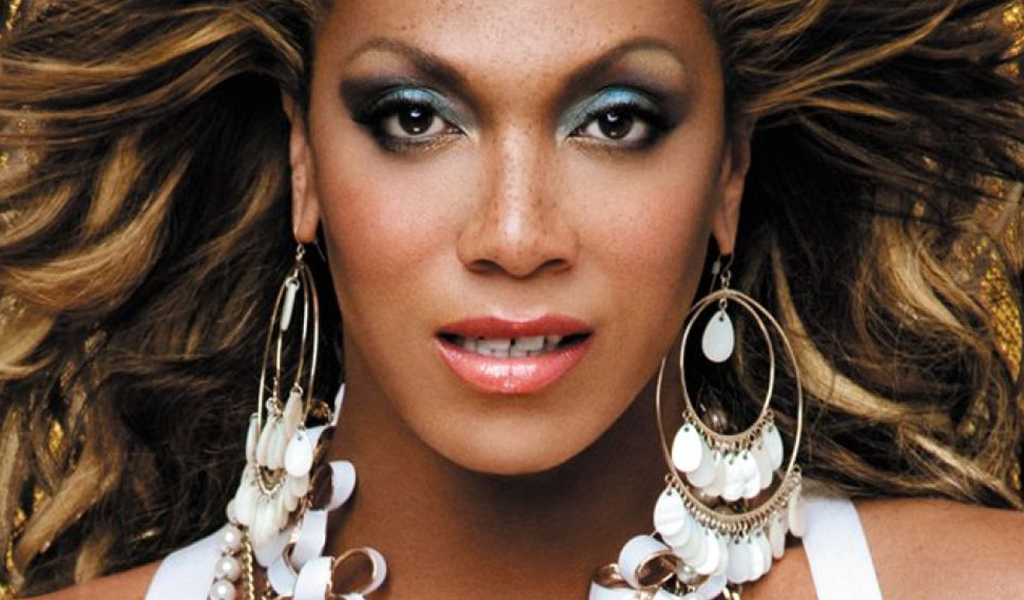

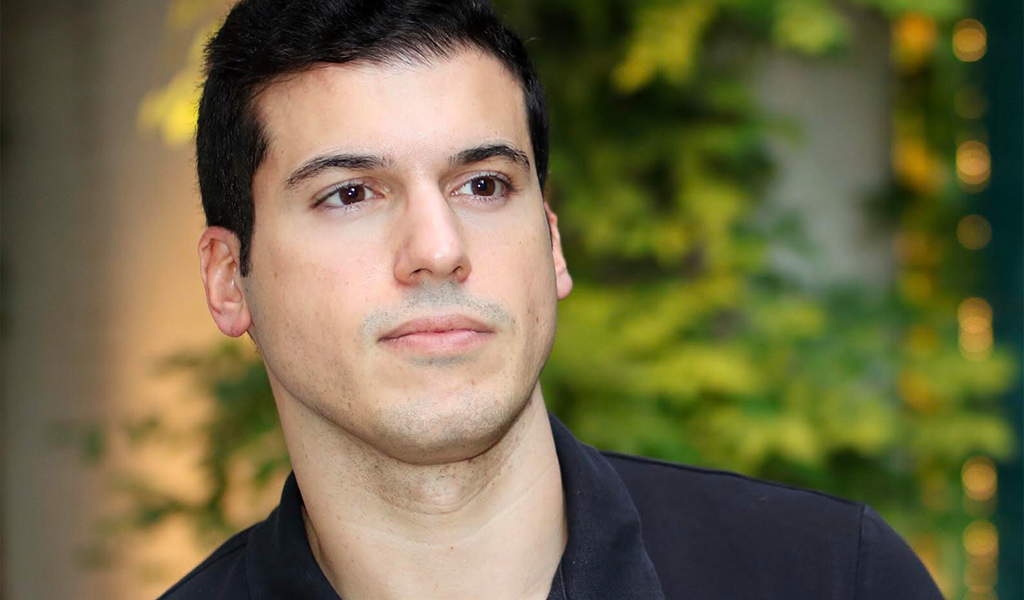
 James Clementi: Much of your reporting has centered on social justice issues, such as the Trayvon Martin case and police brutality. As you have worked to raise awareness, what do you hope to see our society do with this awareness?
James Clementi: Much of your reporting has centered on social justice issues, such as the Trayvon Martin case and police brutality. As you have worked to raise awareness, what do you hope to see our society do with this awareness?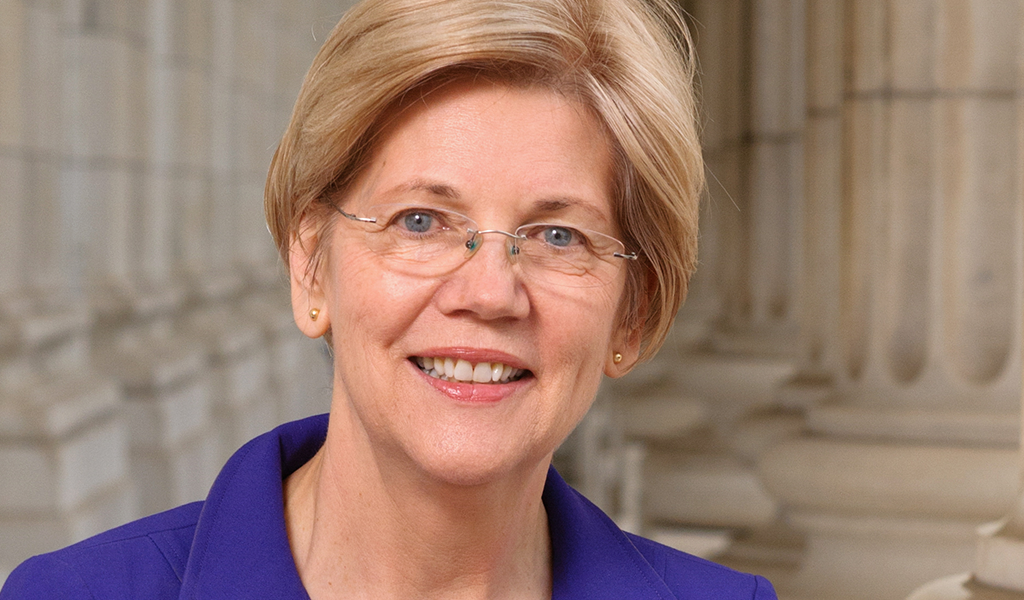
 This is powerfully important work, because far too many young people across the country continue to face bullying from their peers that affects their health, safety, and well-being. Meanwhile, our recent public discourse has been punctuated by verbal attacks and bigotry directed at immigrants, Muslims, women, people with disabilities, and people of color. As a result, we’ve seen troubling reports of a rise in bullying and harassment in our schools over recent months.
This is powerfully important work, because far too many young people across the country continue to face bullying from their peers that affects their health, safety, and well-being. Meanwhile, our recent public discourse has been punctuated by verbal attacks and bigotry directed at immigrants, Muslims, women, people with disabilities, and people of color. As a result, we’ve seen troubling reports of a rise in bullying and harassment in our schools over recent months.  I’m committed to doing my part to fight for this legislation, but if we’re going to pass these bills we also need people around the country to make their voices heard. I encourage you to call or email your representatives today to let them know that you support these bills. It’s also critical that people take action within their schools and organizations to promote acceptance and to raise awareness about bullying and harassment.
I’m committed to doing my part to fight for this legislation, but if we’re going to pass these bills we also need people around the country to make their voices heard. I encourage you to call or email your representatives today to let them know that you support these bills. It’s also critical that people take action within their schools and organizations to promote acceptance and to raise awareness about bullying and harassment. 
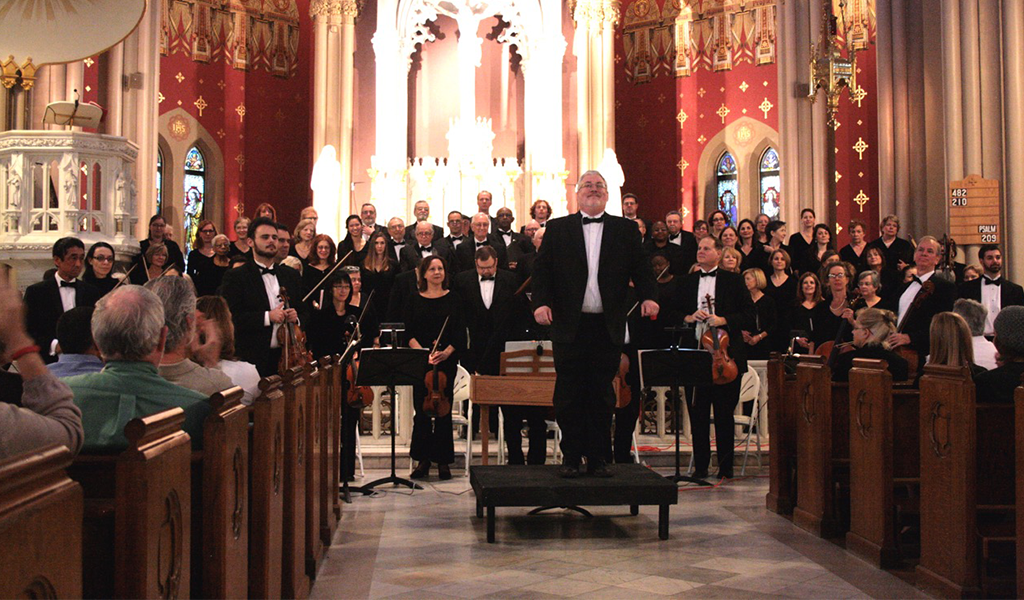
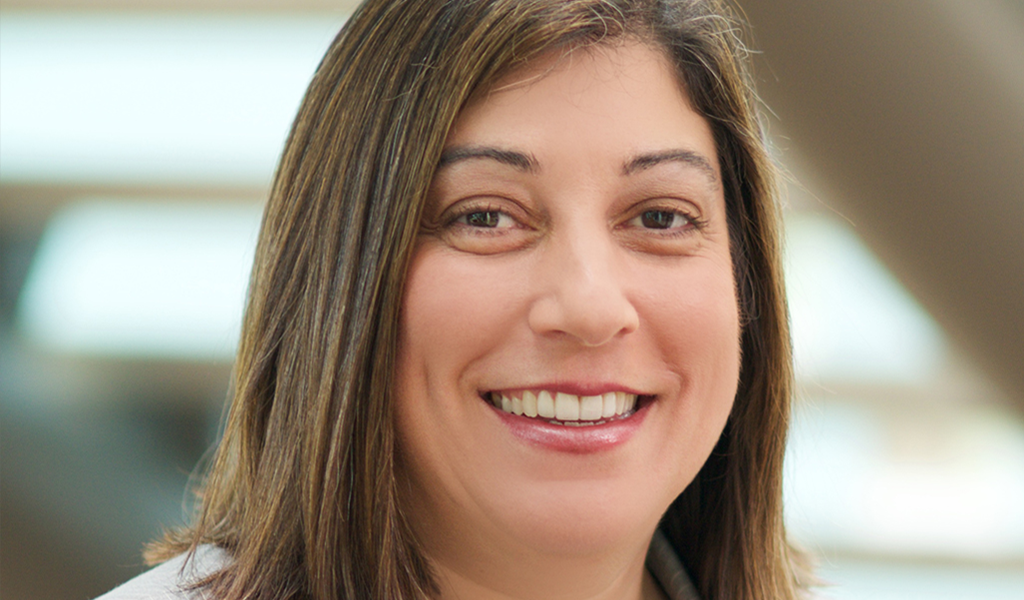
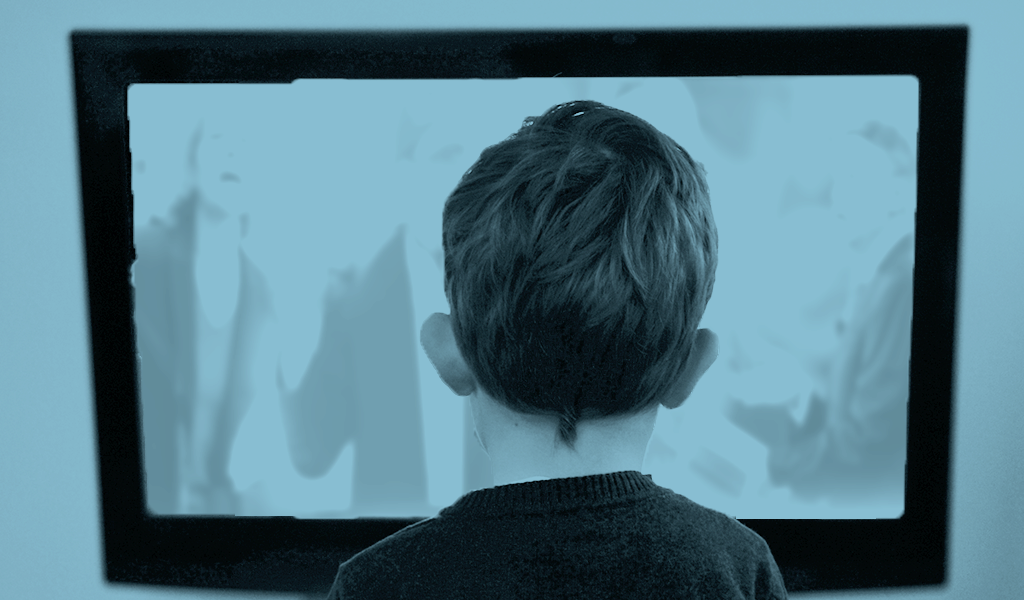
 “We are not surprised that the larger media environment is affecting people,” Jane Clementi, founder of the Tyler Clementi Foundation and mother of Tyler Clementi who died by suicide in 2010 after being cyberharassed at Rutgers University. “Adults are worried that when adults model nasty or negative behavior, it will impact our youth.”
“We are not surprised that the larger media environment is affecting people,” Jane Clementi, founder of the Tyler Clementi Foundation and mother of Tyler Clementi who died by suicide in 2010 after being cyberharassed at Rutgers University. “Adults are worried that when adults model nasty or negative behavior, it will impact our youth.”
